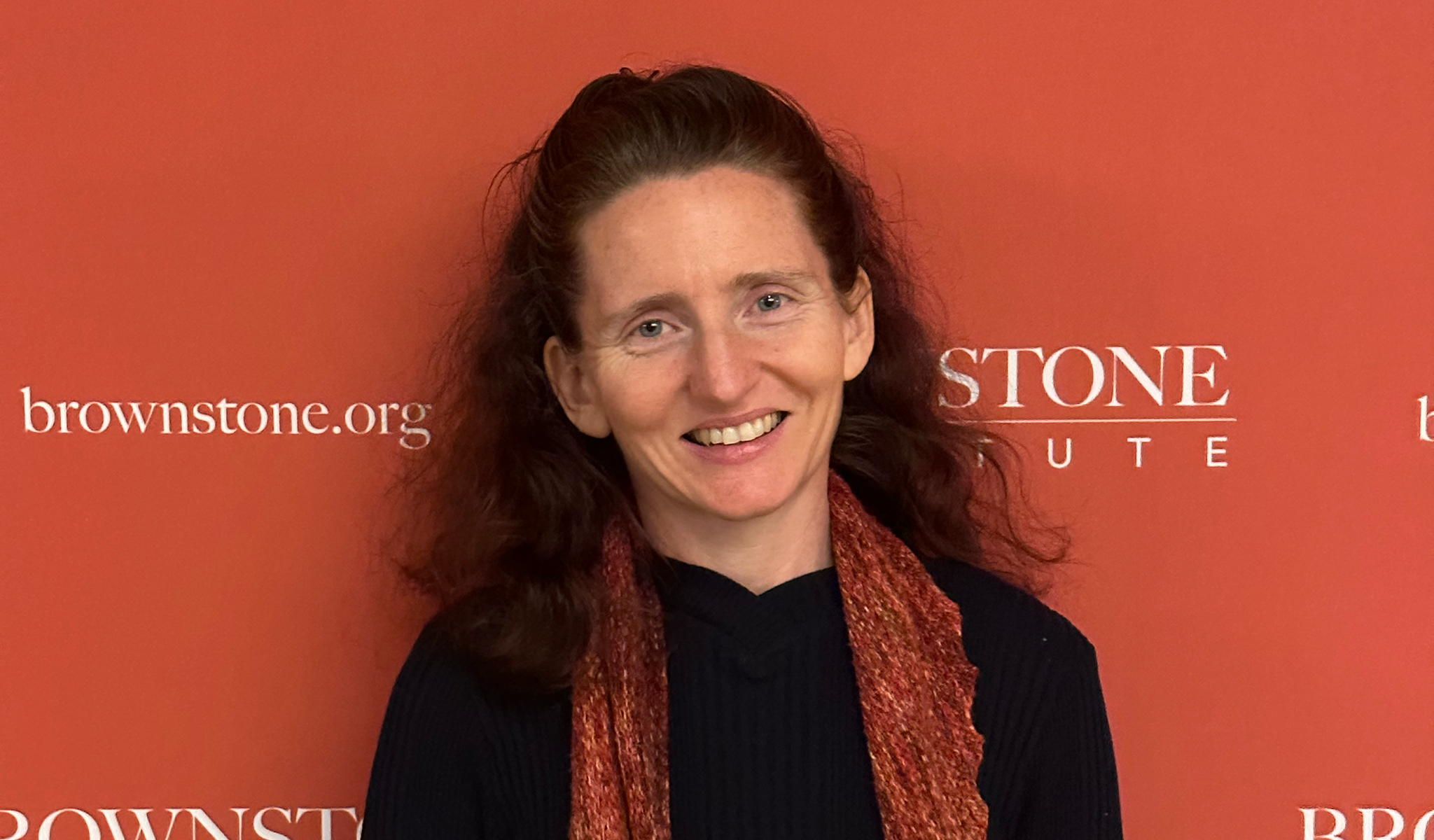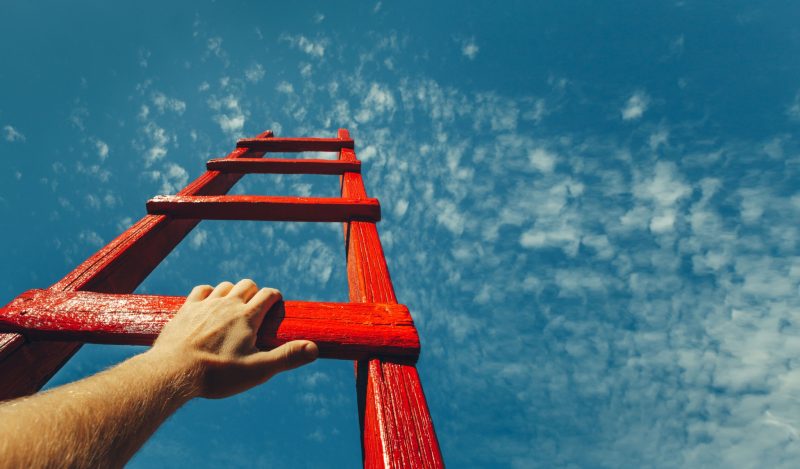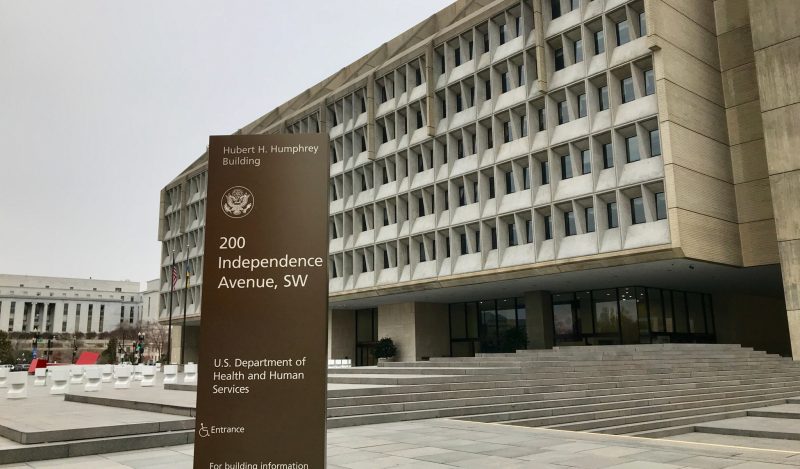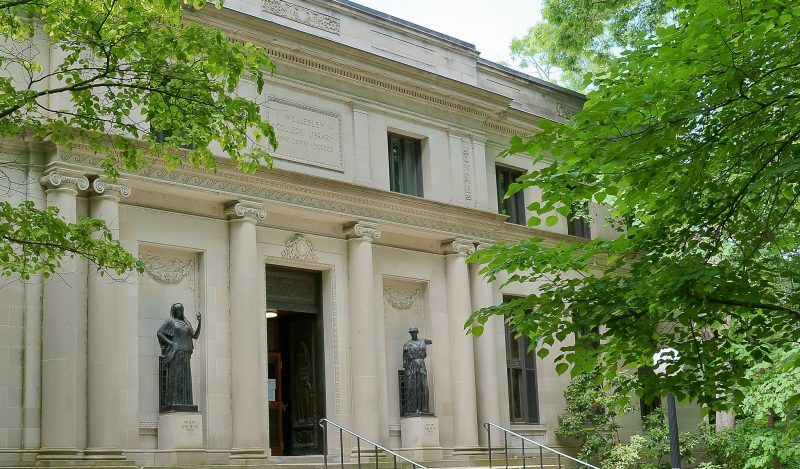Smell the Roses: Positive Trends and Western Accomplishments
SHARE | PRINT | EMAIL
The world as a whole is doing fine, in sum. To widen our smile, let us name and acknowledge five Great Accomplishments of the West that we are proud of, and feel... Read more.
The Manipulators’ Playbook
SHARE | PRINT | EMAIL
Initiatives like these help restore our societies by honouring our deep and powerful diversity. They help to fend off and thwart the constant manipulation attempts... Read more.
What Must Modern Top-Flight Education Look Like?
SHARE | PRINT | EMAIL
To realign tertiary education with its classic mission, we advocate a return to small campus colleges and the creation of environments in those colleges that are... Read more.
Has Team Trump Blinked?
SHARE | PRINT | EMAIL
From what we see, Team Trump seems to have blinked on its domestic regeneration agenda. The logic of the swamp has prevailed. Continued heroin addiction it is. At... Read more.
What Will the Trump Wrecking Ball Hit Next?
SHARE | PRINT | EMAIL
We recommend a ‘create chaos in the establishment while planting the seeds of new organisations’ strategy for reform. We hope for example to see reform efforts... Read more.
We Build Anew in Australia
SHARE | PRINT | EMAIL
In mid-November 2023, Australians for Science and Freedom held its inaugural conference under the banner ‘Progress through Science and Freedom’ on the campus... Read more.
A Vision for a New Liberalism
SHARE | PRINT | EMAIL
We call on you to join us. Become mentors, teachers, or sponsors of novacad.org or scienceandfreedom.org. Better yet, set up your own communities and organisations... Read more.
Can Federalising Central Governments Fix…Federalism?
SHARE | PRINT | EMAIL
The US, Australia, and the EU each started out as federalist ideas with extremely independent constituent states, and with constitutions that made the rise of a... Read more.
ESG, DEI, and the Rise of Fake Reporting
SHARE | PRINT | EMAIL
We know that the modern West has developed a jaw-dropping degree of totalitarianism, wherein the bureaucracies of the state and the corporate sector coordinate together... Read more.
Is There a Cure for the Western Public Health Catastrophe?
SHARE | PRINT | EMAIL
Beyond advocating healthy eating, exercise, and robust international travel, there is the question of what role optimal public health policy has in promoting particular... Read more.
Guess What Is Keeping the US Economy Afloat
SHARE | PRINT | EMAIL
With no commensurate increase in the demand for money, the expansion in money supply created by American money-printing leads to all existing dollars buying fewer... Read more.
Structural Reasons Why Today’s Universities Fail
SHARE | PRINT | EMAIL
Administrative bloat has many other consequences, amongst which is that many university functions now follow bureaucratic rather than academic logic, ignoring the... Read more.












